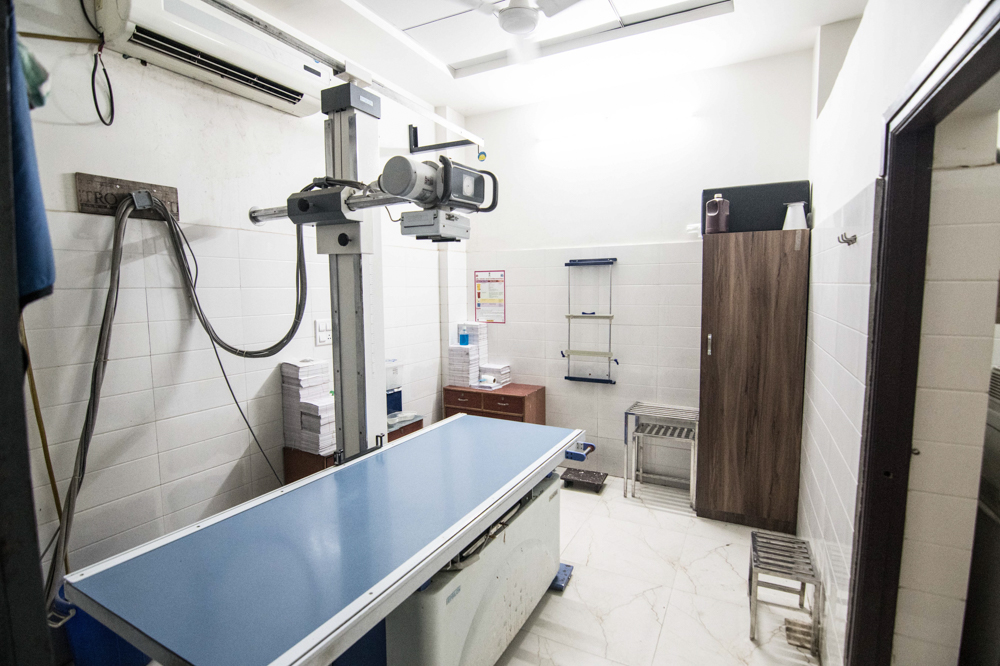For those living with diabetes, managing blood sugar levels is crucial. Diet plays a pivotal role in this management, and the choices we make can significantly impact overall health. One common question that arises is whether honey can be used as a substitute for sugar. While honey is often considered a natural alternative, it’s essential to understand how it affects blood sugar and its role in a diabetic diet. Let’s delve into the specifics of honey, its benefits, and its potential as a sugar substitute for those managing diabetes.
1. Understanding Honey and Its Composition
Honey is a natural sweetener produced by bees, primarily composed of fructose and glucose. Its composition differs from regular table sugar (sucrose), which consists of equal parts glucose and fructose. This difference in composition may influence how honey affects blood sugar levels compared to sugar.
Key Components of Honey
- Fructose: The primary sugar in honey, which has a lower glycemic index (GI) than glucose.
- Glucose: A simple sugar that can cause rapid spikes in blood sugar.
- Vitamins and Antioxidants: Honey contains trace amounts of vitamins and minerals, along with antioxidants that may offer health benefits.
2. Glycemic Index: Honey vs. Sugar
The glycemic index (GI) is a measure of how quickly a food raises blood sugar levels. Foods with a low GI are generally better for those with diabetes. Honey typically has a lower GI than regular sugar, which means it may have a less immediate impact on blood glucose levels. However, it is still essential to consume it in moderation.
Glycemic Index Comparisons
- Honey: Generally has a GI between 45 and 64, depending on the type.
- Table Sugar: Has a GI of around 60 to 65.
- Consideration: Despite its lower GI, honey is still a source of carbohydrates and calories, so portion control is crucial.
3. The Role of Portion Control
When considering honey as a substitute for sugar, portion control is vital. While honey may have a slightly lower GI and offer some health benefits, it is still high in calories and can contribute to weight gain if consumed excessively. For individuals with diabetes, managing portion sizes can help prevent spikes in blood sugar.
Portion Control Tips
- Use honey sparingly—opt for a teaspoon instead of a tablespoon.
- Incorporate honey into recipes in moderation, keeping track of total carbohydrate intake.
- Balance honey consumption with other low-GI foods to mitigate blood sugar spikes.
4. Nutritional Benefits of Honey
Honey is not just a sweetener; it offers some nutritional benefits that may be advantageous for overall health. It contains antioxidants, has antibacterial properties, and may even help with wound healing. However, these benefits should be weighed against its potential impact on blood sugar levels.
Health Benefits of Honey
- Antioxidants: Help combat oxidative stress and inflammation.
- Antibacterial Properties: Can aid in wound healing and may boost the immune system.
- Natural Energy Source: Provides a quick source of energy, beneficial for athletes and active individuals.
5. Considerations for Diabetics
While honey may offer some benefits as a natural sweetener, individuals with diabetes should approach its use with caution. It’s essential to consider how it fits into your overall dietary plan and consult with a healthcare provider or nutritionist for personalized advice.
Guidelines for Using Honey
- Monitor blood sugar levels regularly to understand how honey affects your body.
- Discuss with your healthcare provider if incorporating honey is suitable for your diabetes management plan.
- Consider using honey as an occasional treat rather than a regular substitute for sugar.
6. Alternatives to Sugar and Honey
If you’re looking for alternatives to sugar that have a minimal impact on blood sugar, consider these options:
- Stevia: A natural sweetener derived from the leaves of the Stevia plant, with zero calories and no impact on blood sugar.
- Erythritol: A sugar alcohol with low calories and low GI, making it a popular choice for diabetics.
- Monk Fruit Sweetener: A natural sweetener that contains no calories and has a negligible effect on blood sugar.
7. Making Informed Choices
Choosing the right sweetener is just one aspect of managing diabetes. Focusing on a balanced diet that includes whole foods, lean proteins, healthy fats, and plenty of vegetables is crucial for overall health. When considering honey or any sweetener, understanding its role in your diet and how it affects your body is key.
Healthy Eating Tips
- Incorporate a variety of fruits and vegetables into your meals.
- Choose whole grains over refined carbohydrates.
- Stay hydrated and limit sugary drinks, opting for water or herbal teas.
In conclusion, honey can be used as a substitute for sugar, but it should be consumed in moderation, especially for individuals managing diabetes. While it may offer some health benefits, it’s essential to monitor blood sugar levels and consider personal dietary needs. At Dr. Vayas Lab, we encourage informed choices regarding diet and nutrition for better health outcomes. Always consult with a healthcare professional when making significant changes to your diet to ensure it aligns with your health goals.




